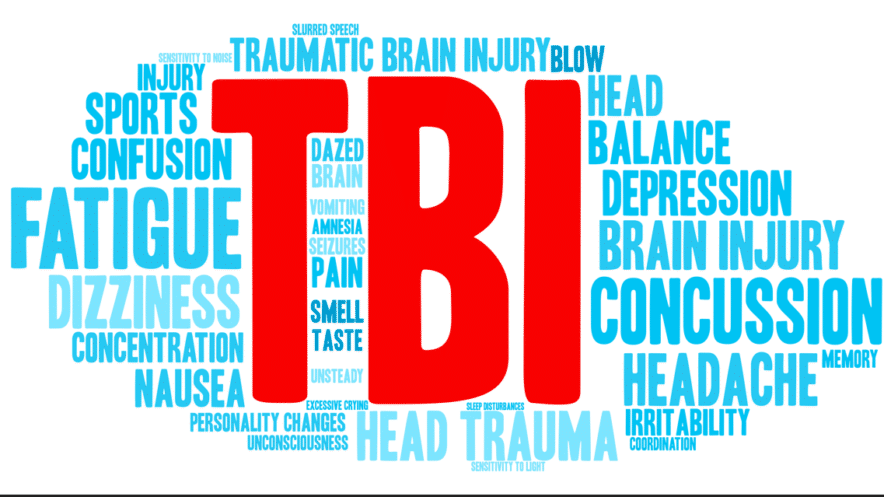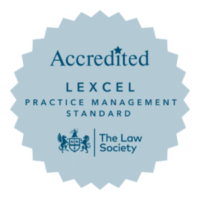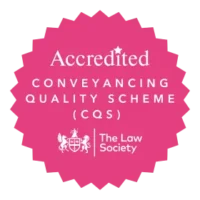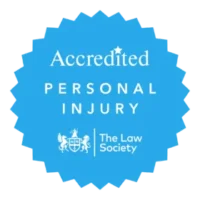Traumatic Brain Injuries (TBI) – How Personal Injury Lawyers help you get back on track.
20th Feb 2024
The brain is arguably one of the most important organs in your body. It is the powerhouse of function, speech, pain response and will let you know when you are hungry, thirsty, when you need the toilet and when you need to sleep and wake up. It even houses your personality, so when a traumatic brain injury occurs, not only does it affect you physically, it also causes psychological and emotional injury more often than not.
Serious head trauma and traumatic brain injuries are often require urgent treatment, care and monitoring
Head and brain injuries are unfortunately common and can be caused by the following types of negligence:
The impact of traumatic brain injuries (TBI)
Unfortunately, it can be difficult to truly understand the scope and affect that a brain injury has on your life. Unlike other more mechanical injuries, such as a broken arm, there is often not a clear treatment plan or even full understanding of the brain injury provided by medical professionals until years after the incident occurs. Indeed, often it is only in the most severe incidents that a proper diagnosis of a brain injury is recorded from the outset.
Brain injuries affect all aspects of your life, and impact your:
- Work life
- Social skills
- Motor skills
- Decision making ability
- Ability to work and earn an income
All of which has a massive impact on their financial wellbeing, your ability to manage your home life and has a wider profound impact on your family and loved ones who often take up care and household responsibilities.
Treatment
The treatment which can be offered depends entirely on the type and severity of brain injury and the extent of the affect it has had on you.
Sometimes, it may also be that the NHS has exhausted all of its resources and has still not come up with any answers about why symptoms persist, whether they are related to the accident and what can be done to help you get better.
This is where making an injury claim really becomes a beneficial option. Making a claim opens up access to leading private medical experts, private rehabilitation treatment and care whilst you are on your recovery journey.
Capacity
If the brain injury is severe it may be that you now lack the legal mental capacity to run your own claim, in this instance, we may be able to pursue the claim for you by using a member of your family or a friend as an intermediary, known as a “litigation friend”.
Private expert opinion and rehabilitation – how we can help with a claim
Depending on the severity and impact of the brain injury certain support systems will likely need to be put in place to enable you to adjust to your post injury home life and at work.
This can include:
- Additional care and support
- Reduced working hours and/or changing of employment
- Requirement for future treatment (both physical and psychological)
Compensation for a brain injury can never truly be proportionate to the levels trauma and stress caused. However, it can help with ensuring a level of financial security while you focus on your recovery and allow for fast tracked private treatment to assist in managing your pain.
How do I make a claim?
Each brain injury is different from the next and requires bespoke care on behalf of medical professionals to seek the treatment which works for them. The approach of the personal injury solicitors at Thatcher + Hallam is much the same, ensuring that each client who suffers a traumatic brain injury is consulted thoroughly on their complex symptoms and that the highest possible level of care, rehabilitation and compensation for their specific claim.
We have an excellent track record for pursuing and winning brain injury claims. With client care at the core of what we do, we work with our clients to secure enhanced treatment and compensation. This sets us apart as a brain injury personal injury department. Our clients are treated like real people, not file numbers.
Contact us for a free no-obligation appointment via telephone (01761 414646), email (enquiries@th-law.co.uk) or through our website.
Related news
Articles you may find useful
Like this article? Sign up for our regular newsletters






